|
When people think of a tropical honeymoon, they most likely picture the sunny beach flanked by the crystal blue Caribbean sea. This gets most people want to start planning a trip to the Caribbean or Mexico's Riviera Maya. The waters are warm and inviting, the white sand is soft and welcoming — there's no better way to spend your honeymoon! But what type of weather should you expect? What are the climate patterns? And when is the best time of year to go? These questions and more will be answered in this article. Let's take a closer look at what you can expect for weather in the Caribbean and Mexico based on the seasons. Winter (December to February) The winter months in the Caribbean and Mexico are characterized by warm and pleasant temperatures ranging from the mid-70s to mid-80s Fahrenheit. This is the peak tourist season, and you can expect crowded beaches, busy resorts, and higher prices. While the risk of hurricanes is low during this time, there's still a chance of rain. However, it's usually short-lived and shouldn't affect your plans too much. The water temperature in the Caribbean is cooler during the winter months, making it less ideal for swimming. For example, the Bahamas and surrounding islands will have colder water during this time of the year. Also, certain areas in the Caribbean & Mexico can still have cooler temperatures, so it is best to talk to an expert to get the weather you are desiring. Spring (March to May) Spring is a great time to honeymoon in the Caribbean and Mexico as temperatures rise slightly, and crowds start to thin out. The average temperatures range from mid-70s to low 90s Fahrenheit, making it an ideal time for outdoor activities such as hiking and exploring. While the chances of rain and humidity increase, it's still not enough to affect your plans significantly. The water temperature starts to warm up, making it more inviting for swimming, snorkeling, and scuba diving. The best value for your money is booking your honeymoon towards the end of April through May, as prices begin to dip as high travel season is coming to a close. Summer (June to August) Summer is the hottest season in the Caribbean and Mexico, with temperatures ranging from the mid-80s to mid-90s Fahrenheit. It's also the beginning of the rainy season, with tropical storms and hurricanes more likely to occur. However, the risk is relatively low in June and July but increases in August. Despite the rain, summer is a popular time for honeymooners looking for budget-friendly options and less crowded destinations. The water temperature is warm and perfect for water sports. Fall (September to November) Fall can be an ideal time to travel to the Caribbean and Mexico as the crowds dwindle, and prices begin to drop. Temperatures remain warm, ranging from the mid-70s to mid-80s Fahrenheit, but the chances of hurricanes in September into October are usually the highest. So your best value for the money is in the fall, but your chance of having some less than ideal weather is higher. While fall is considered the low season, you can still enjoy a sunny and beautiful honeymoon if you plan accordingly. The water temperatures are still great for swimming, and water sports as well. Where to travel during hurricane season: If your honeymoon travel dates are during hurricane season, especially August - October, there are destinations in the Caribbean and Mexico that are located outside the “typical path” of a hurricane. You may want to consider speaking with a honeymoon consultant like myself who specializes in honeymoons to the Caribbean and Mexico to help you pick the right location for you. The best locations in The Caribbean to travel to during hurricane season are Aruba, Bonaire, Curacao. The best location in Mexico to travel to in hurricane season is Los Cabos. Hurricanes can still occur in these locations but it is very rare. Just Because It’s Hurricane Season Doesn’t Mean One Will Happen: As we wrap this up, it is normal to be concerned about a hurricane ruining your honeymoon, but I always tell my honeymoon couples that just because it is hurricane season doesn’t mean that a hurricane will develop. The beauty of today’s technology is that you can know well in advance if a tropical storm or hurricane is on a path to “hit” your destination. Getting quality travel insurance is advised to protect your investment in case you have to postpone, or even leave your destination early. My personal advice is to manage your expectations and decide that you won’t let anything ruin your honeymoon experience as you have control over how you respond. In conclusion, the Caribbean and Mexico offer a variety of weather conditions throughout the year, from hot and sunny to warm and rainy. Regardless of when you choose to visit, there's always something to see and do. So, plan your trip accordingly, manage your expectations, have some fun games and conversation starters on the ready for when you’re hanging out at the lobby bar, and make the most of your honeymoon vacation...rain or shine!
If you’re feeling a bit overwhelmed and want to ensure you cover all your bases with your honeymoon planning, I’d be delighted to chat with you. Below is a link to schedule a complimentary consultation - no strings attached!
0 Comments
When it comes to planning a destination wedding, the Caribbean and Mexico are popular choices. With their beautiful beaches, warm weather, and vibrant culture, these destinations provide the perfect backdrop for a dream wedding. Let’s jump into the weather you can expect for your destination wedding in the Caribbean or Mexico based on the time of year that you travel. If you want to know the best time of year to have a destination wedding in the Caribbean and Mexico, it is between December to April. This is the region's dry season when rainfall is minimal, and the temperature is mild and comfortable, averaging around 78 to 82 degrees Fahrenheit. Hello sunshine! While the dry season is safer bet for a weather-friendly Caribbean or Mexico wedding, it’s not a guarantee. Rain and wind can still occur. Additionally, it's essential to note that it's also peak tourist season. This means that flights and accommodation are likely to be higher than at other times of the year. Bummer, I know. Based on my experience, the most popular months to have a destination wedding are in May and November. This would be considered “shoulder season” where you aren’t really dealing with the higher “peak tourist” prices, but also don’t have as much concern with the weather. Hooray! The struggle there is that the dates at the best resorts and venues book very quickly. So, if you want to plan a destination wedding in May or November, do not waste time or you’ll end up compromising on the venue. So, what happens if the dry season months don’t work well for you and you are hosting your destination wedding in the Summer or Fall months, when hurricanes could develop? First, let me put your mind at ease. Just because it is “hurricane season” doesn’t mean that a hurricane will develop. Also, there are some destinations that are “safer” during the tropical season, so don’t throw in the towel quite yet! Here are 5 ways to help avoid having your big day ruined by a storm, here are some tips on how to plan a destination wedding regardless of the season. 1. Choose your wedding date wisely As mentioned above, the best way to avoid hurricane season when planning your destination wedding is to choose a date outside of the peak months. If that isn’t possible, consider these general rules of thumb... Hurricane season runs from June to November, with the most active months being August, September, & October. If possible consider a wedding in June, July, Mid to Late November, or even early December. 2. Research the weather patterns Each destination has different weather patterns during hurricane season, so do your research before choosing a location. Some islands or regions may be more prone to hurricanes than others. For example, the northern Caribbean islands are at higher risk than the southern ones. Consider speaking with a travel agent who specializes in weddings to help you pick the right time and location. 3. Consider wedding & travel insurance Wedding insurance can provide a financial safety net in case of a hurricane or other natural disaster. It can cover unexpected expenses such as cancellations, postponements, or rescheduling fees. It's important to note that not all wedding insurance policies cover natural disasters, so be sure to read the fine print before purchasing a policy. Travel insurance is recommended for you and your guests. In case the weather prevents you from arriving to your destination, or requires you or your guests to depart early, it will protect your investment. Travel insurance is always recommended, but during the tropical season, it is much more imperative, so I encourage you to encourage your guests to have the right coverage. 4. Have a backup plan Regardless of the date of your wedding, it's always a good idea to have a backup plan in case of unexpected weather.. When booking your venue and vendors, ask about their contingency plans in case of inclement weather. For example, some resorts may have indoor facilities or covered areas that can serve as backup locations for the ceremony or reception. It’s always a bonus when you love the back-up venue as much as your chosen outdoor venue. 5. Stay updated on weather forecasts If you're planning a wedding during hurricane season, be sure to stay informed about any potential tropical storms or hurricanes that could impact your wedding plans. Sign up for weather alerts, monitor weather websites, and keep in touch with your vendors and venue. Be prepared to make changes if necessary and I advise to make a swift decision, getting the advice of the onsite wedding team, if things are not looking promising on your wedding day. If the wedding team at your venue advises you to change to an indoor venue due the weather report, and you choose to move forward with an outdoor event, they will likely have you sign a contract. If weather does disrupt the wedding there will be a fee to set up the wedding decor again in the back-up location. In conclusion, the best time of year to have a destination wedding in the Caribbean or Mexico is during the dry season, between December to April. It's the perfect time to enjoy the region's stunning beauty, indulge in outdoor activities, and create unforgettable memories with your loved ones.
If you’re feeling a bit overwhelmed and want to ensure you cover all your bases with your destination wedding planning, I’d be delighted to chat with you. Below is a link to schedule a complimentary consultation - no strings attached! |
Rossana TaylorBilingual English -Spanish Travel Agent Archives
July 2024
Categories
All
|
California Seller of Travel Registration Number: 2089491-50. Registration as a seller of travel in California does not constitute the state's approval.
Agent is not a participant in the Travel Consumer Restitution Fund. Florida Seller of Travel Reference Number ST37113. Iowa Seller of Travel Reference Number 960.
Washington Seller of Travel Reference Number UBI 602 775 122
Agent is not a participant in the Travel Consumer Restitution Fund. Florida Seller of Travel Reference Number ST37113. Iowa Seller of Travel Reference Number 960.
Washington Seller of Travel Reference Number UBI 602 775 122

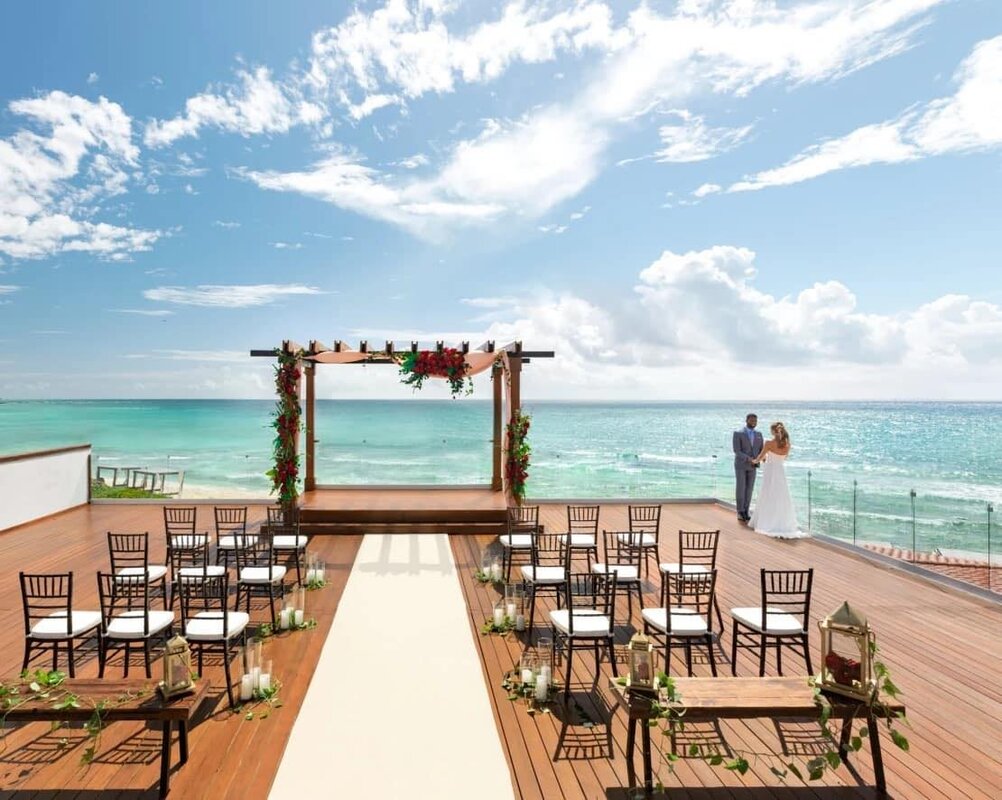
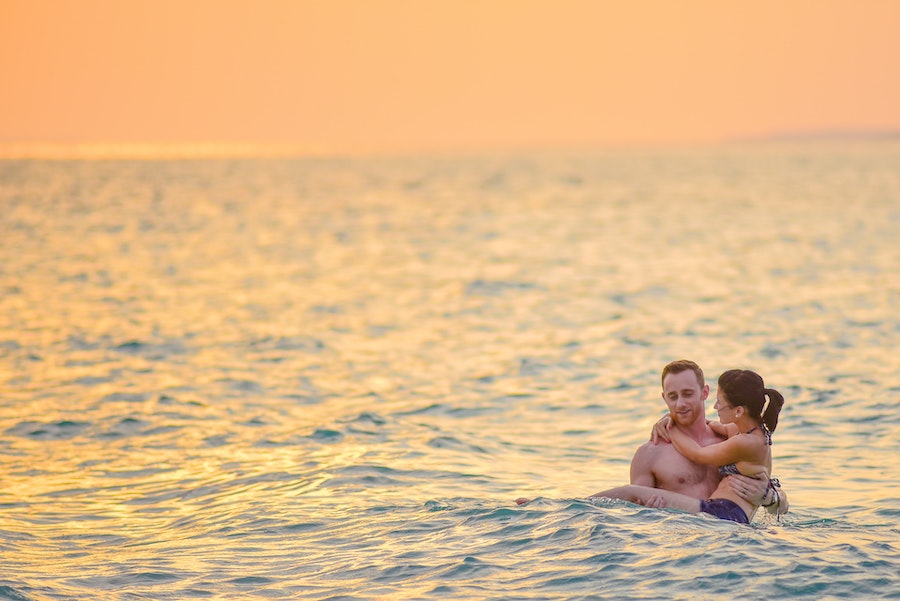
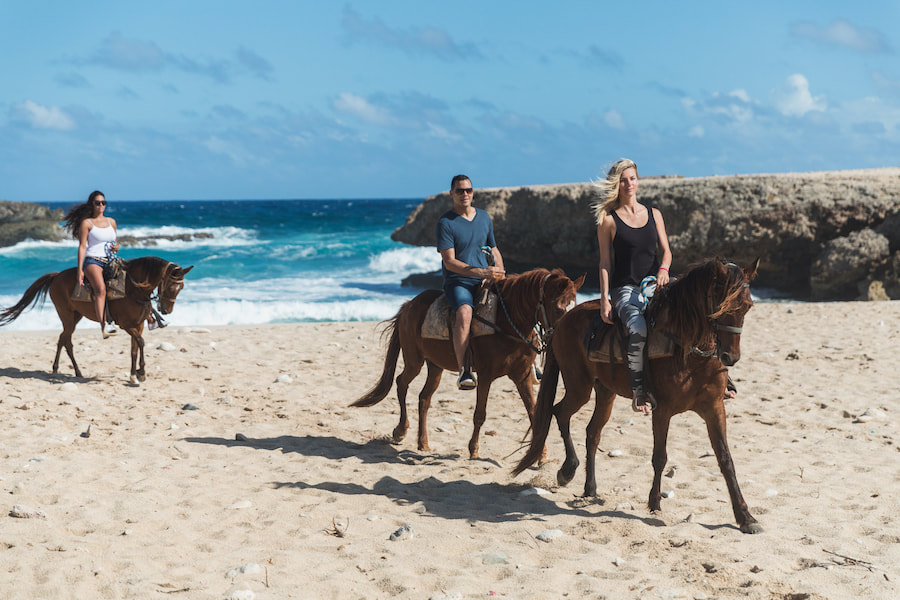
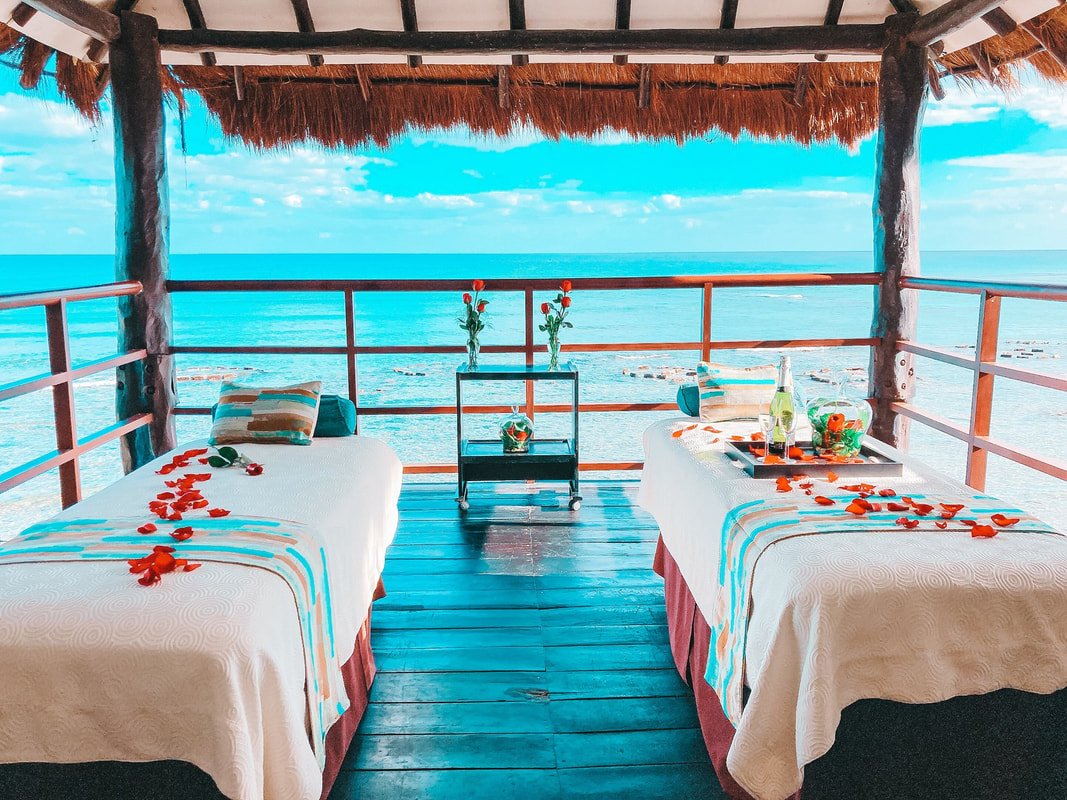
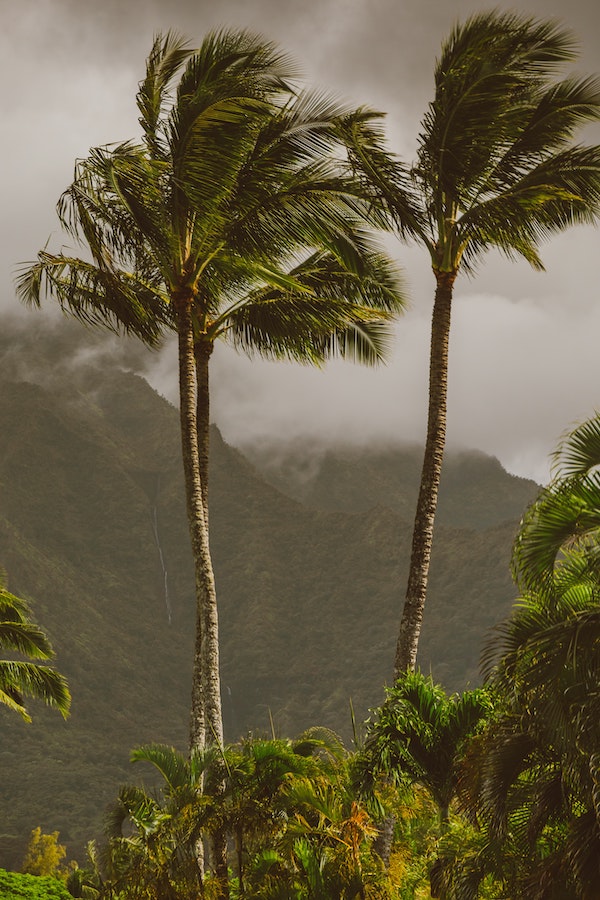


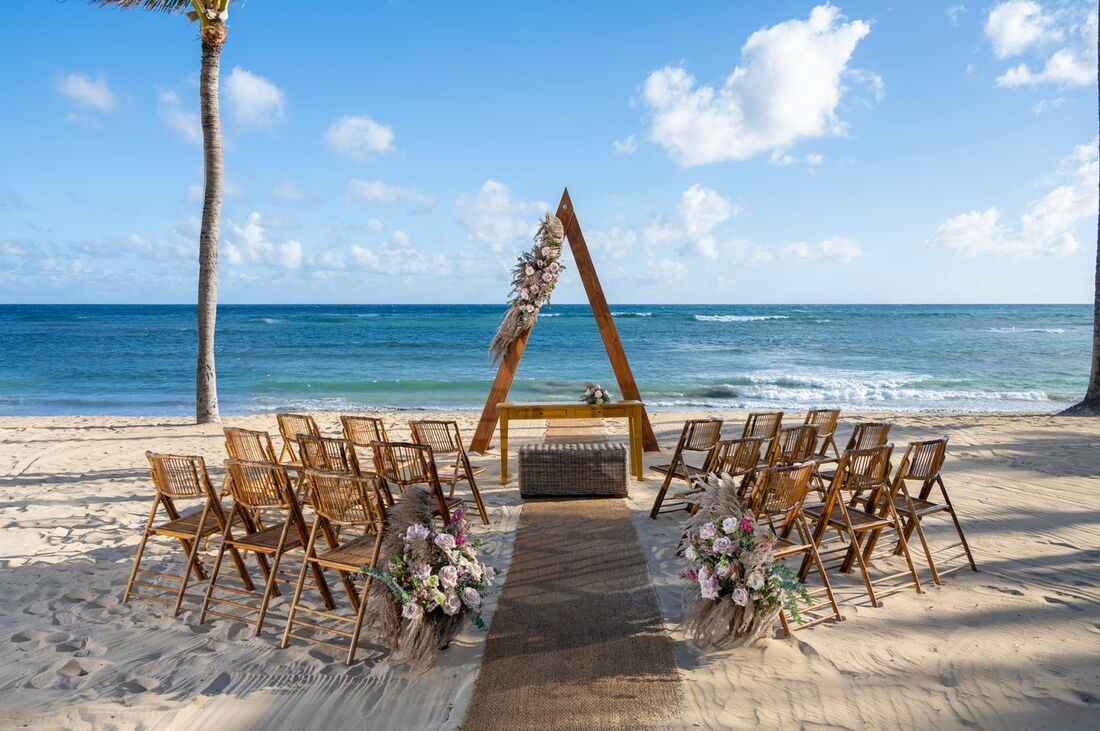
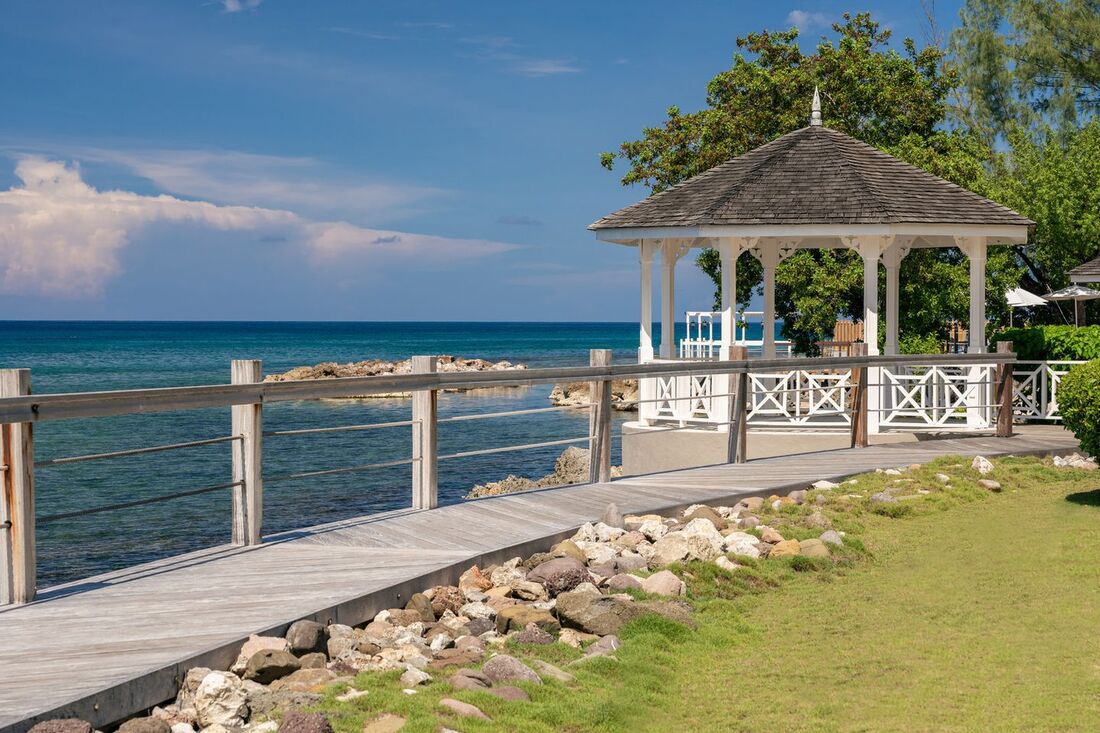
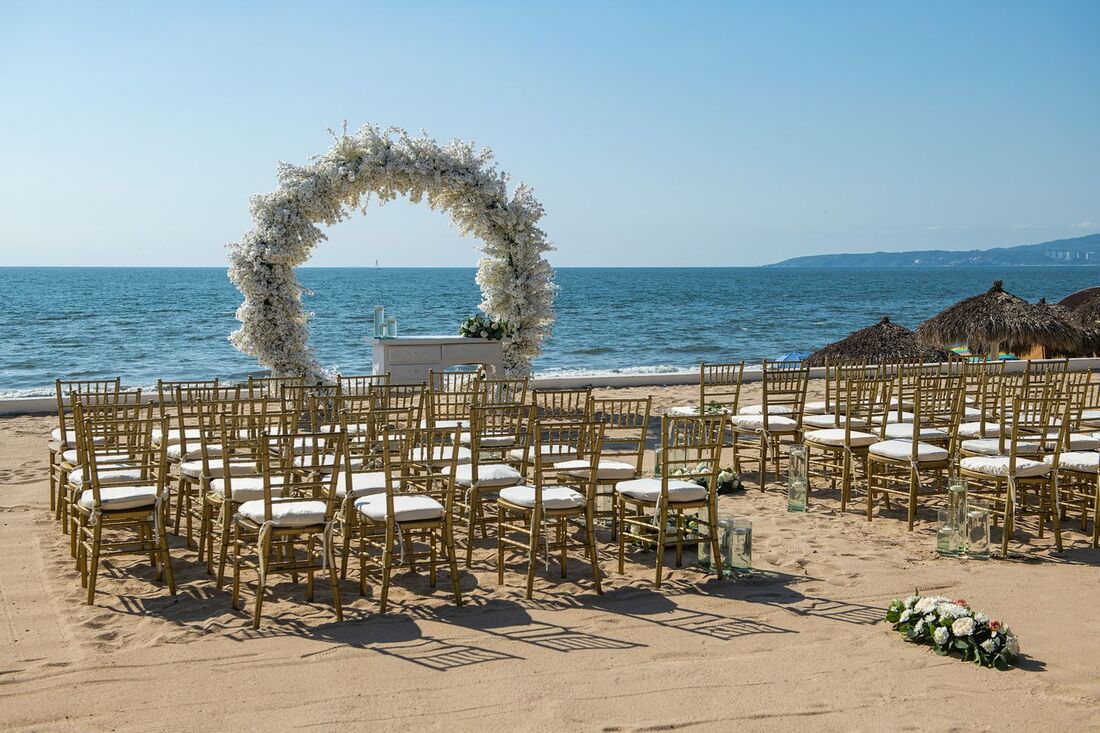
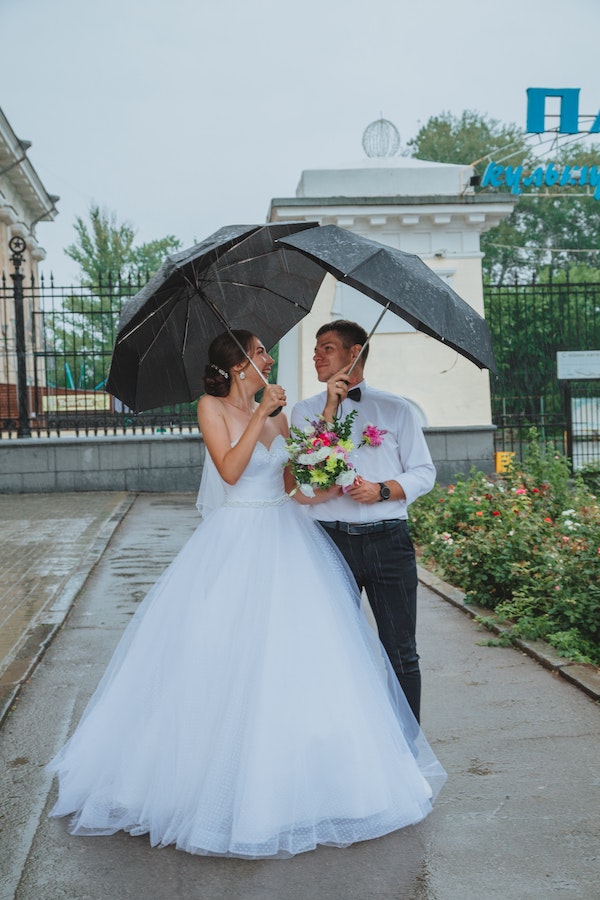
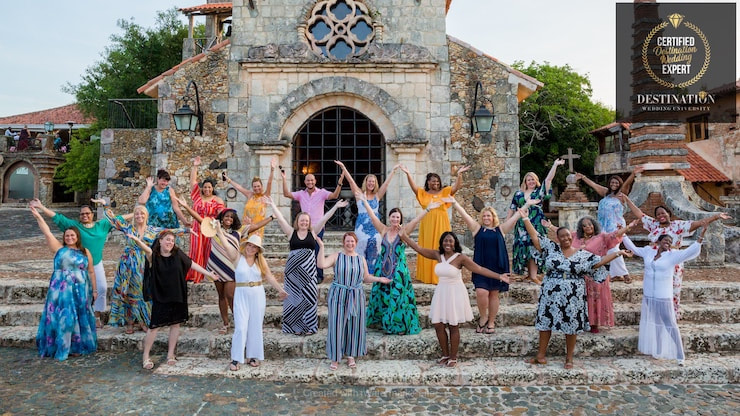
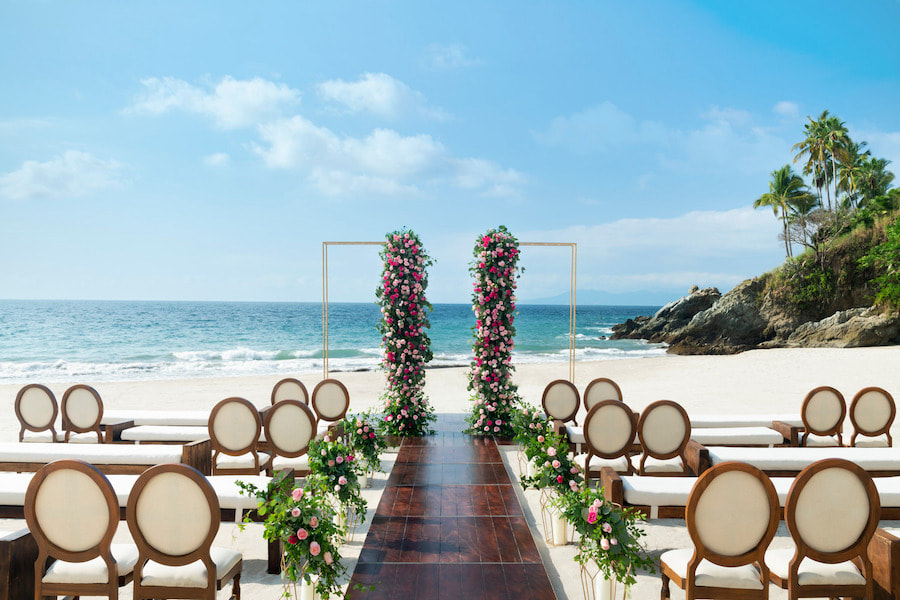
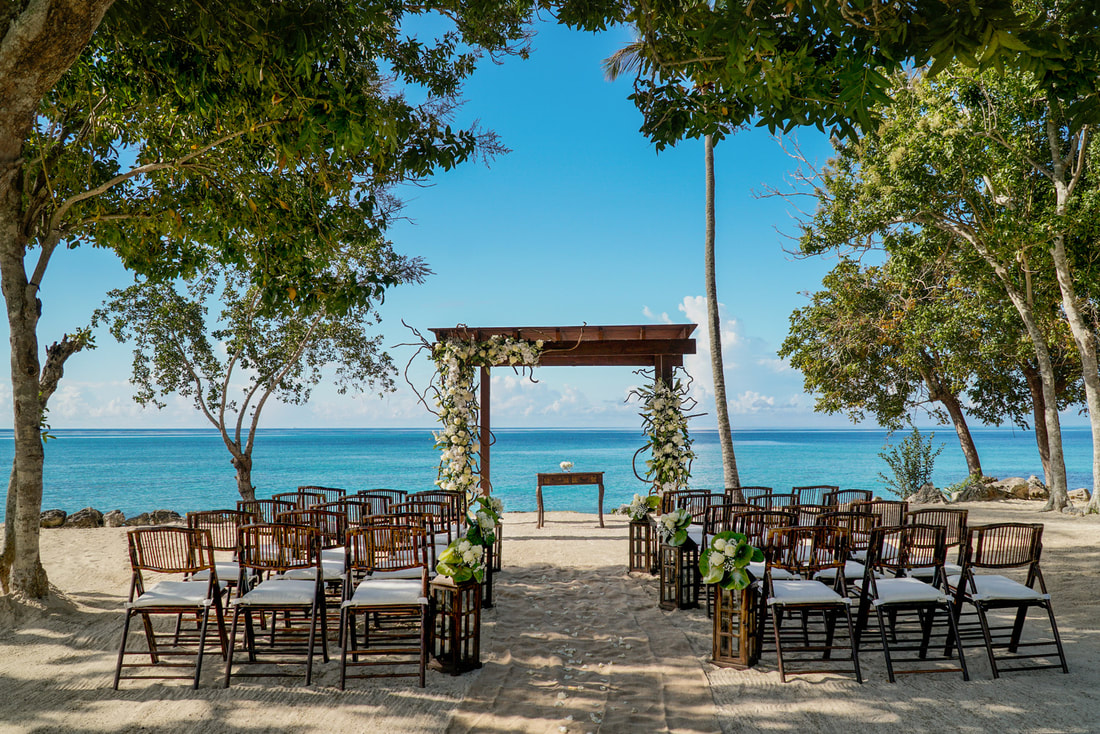

 RSS Feed
RSS Feed


